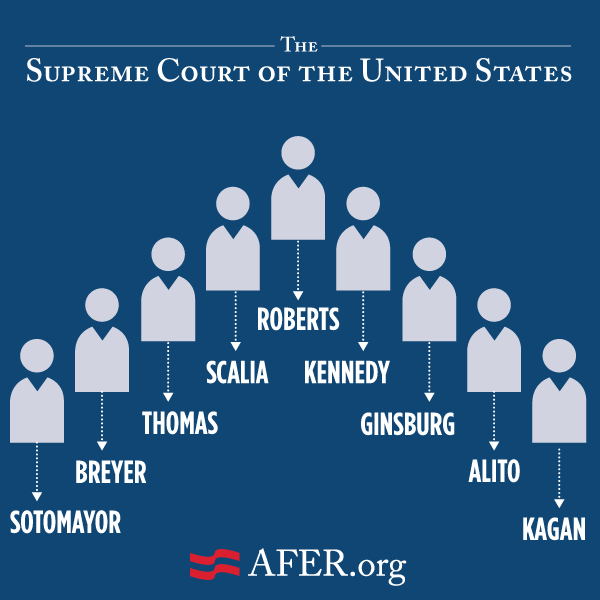View Supreme Court of the United States in a larger map
This week in Washington DC, the United States Supreme Court will hear arguments on Tuesday 26th and Wednesday March 27, for and against the Defense of Marriage Act 1996 (DOMA) and Proposition 8 in 2 separate cases, before 9 Supreme Court Judges, who will listen to 50 minutes of arguments from both sides and then make a final decision over the coming months.
Tuesday 26th – at 10am – Hollingsworth v Perry, which is the California Marriage Proposition 8 discussion, brought by the American Foundation for Equal Rights (AFER).
Wednesday 27th – at 10am – Windsor v. United States brought by the ACLU, and Paul, Weiss, Rifkind, Wharton and Garrison LLP with super lawyer Roberta Kaplan from their New York office leading the arguments.
For more information about Windsor click here
The Gay, & Lesbian Advocates & Defenders group (GLAD), located in Boston, MA, under the direction of Civil Rights Project Director Mary L. Bonauto, have coordinated the amicus strategy, (meaning sympathisers of the strategy write to support the legal case arguments), for the challenge to DOMA in the Supreme Court.
Essentially the arguments will revolve around the Defence of Marriage Act (DOMA), which is being challenged in separate individual cases as not standing up to higher scrutiny, and therefore controversial to the principles of the Fifth and Fourteenth Amendment of the US Constitution on equal rights and protection under the law.
The Fifth Amendment has an explicit requirement that the Federal Government not deprive individuals of “life, liberty, or property,” without due process of the law and an implicit guarantee that each person receive equal protection of the laws”.
The challenge appears to have been brought as a result of cases where gay and lesbian individuals have not had the same protection under the law as married heterosexual couples, in the event of death of a partner and their right to inherit their estate.
On Tuesday morning, lawyers will present their arguments challenging the constitutionality of California’s ban on same-sex marriage for support/opposition of Proposition 8 in the case of Hollingsworth v Perry.
On Wednesday morning lawyers for Windsor v United States will argue before the 9 Supreme Court Justices on the brief:
“Section 3 of the Defense of Marriage Act (DOMA) defines the term “marriage” for all purposes under federal law, including the provision of federal benefits, as “only a legal union between one man and one wom- an as husband and wife.” 1 U.S.C. 7. It similarly defines the term “spouse” as “a person of the opposite sex who is a husband or a wife.” Ibid.
The question presented is:
Whether Section 3 of DOMA violates the Fifth Amendment’s guarantee of equal protection of the laws as applied to persons of the same sex who are legally married under the laws of their state.
The Justices final decision is expected in June, though some opinion is expected by their initial private vote this Friday.
GLAD has two other challenges to DOMA, Gill v. OPM and Pedersen v. OPM, which will be held pending a ruling on Windsor.
